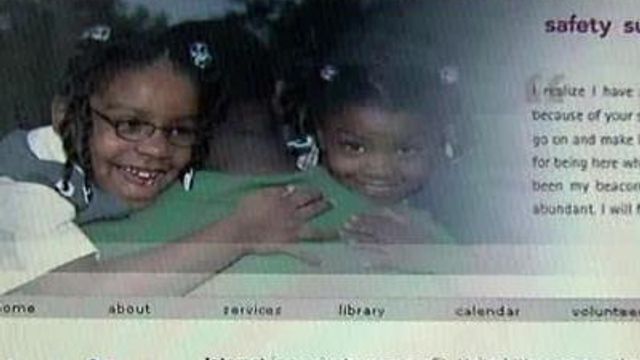List helps assess domestic violence danger
Law enforcement authorities are increasingly turning to a list of questions to assess the danger and risks associated with homicides of both batterers and battered women.
Posted — UpdatedLaw enforcement authorities are increasingly turning to a list of questions to assess the danger and risks associated with homicides of both batterers and their victims.
The 14 questions cover violent tendencies, weapons, threats and what a victim is thinking to help determine whether he or she is at a high risk of being killed by a spouse or significant other:
- Has the physical violence increased in frequency over the past six months or year?
- Has the physical violence increased in severity over the past six months or year, or have threats been made with a weapon?
- Does your partner ever try to choke you?
- Is there a gun in the house?
- Does your partner threaten to kill you, or do you believe he or she is capable of killing you?
- Is your partner drunk or high every day or almost every day?
- Does your partner control most or all of your daily activities (e.g., telling you whom you can be friends with or how much money you can spend)?
- Has your partner ever beaten you while you were pregnant?
- Is your partner violently and consistently jealous of you (e.g., he or she says, "If I can't have you, no one can.")?
- Have you ever thought about, threatened or attempted to commit suicide?
- Is your partner violent outside the home?
- Do you plan to leave? Do you have a safety plan in place (i.e., where you will go, a suitcase with extra clothes, keys, important documents, medications, etc.)?
- What do you think will happen between you and your partner in the near future?
- Are you expecting a violent attack?
Interact of Wake County, which supports victims of and promotes awareness of domestic violence, developed the list. If a person answers yes to three or more questions, they are at a higher risk for death.
Stephanie Francis, Interact's clinical education director and former shelter director, says the danger assessment can help victims understand their risk level.
"It's easy to not want to believe how dangerous the situation can be and think that a threat," Francis said. "If anybody is thinking about that and making those sorts of threats, you need to take that very seriously."
Counselors who work with domestic violence victims say it's important for victims, when leaving situations, to develop a safety plan.
For example, they need to plan their escape, including how they will leave, where they will go and how they will prevent their abuse from tracking them.
Interact provides support and assistance for victims, including helping them find a safe place to stay, filing restraining orders, developing a safety plan and counseling.
Maria, an Interact volunteer, knows firsthand the constant fear domestic violence victims live with.
With a 2½-year-old son and $110 in her pocket, she left her husband after four years of abuse. Now, her goal is to help other women stay safe.
"I dealt with so many different levels of abuse from him. I really never knew how far it was going to go or when it was going to stop," she said. "I needed to save his life and mine."
• Credits
Copyright 2024 by Capitol Broadcasting Company. All rights reserved. This material may not be published, broadcast, rewritten or redistributed.






